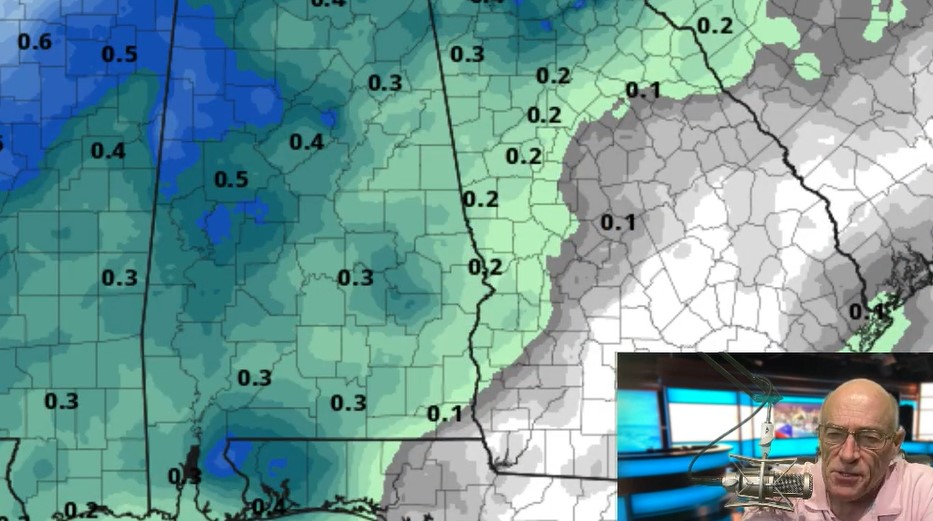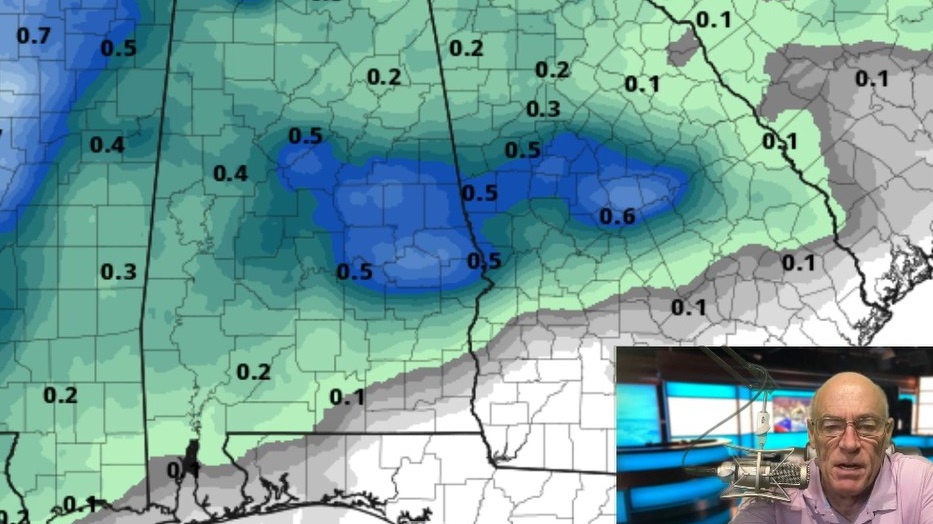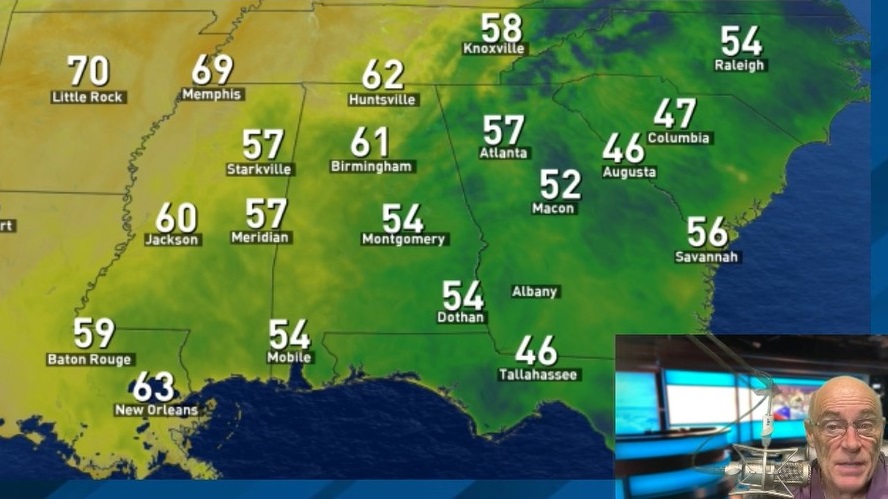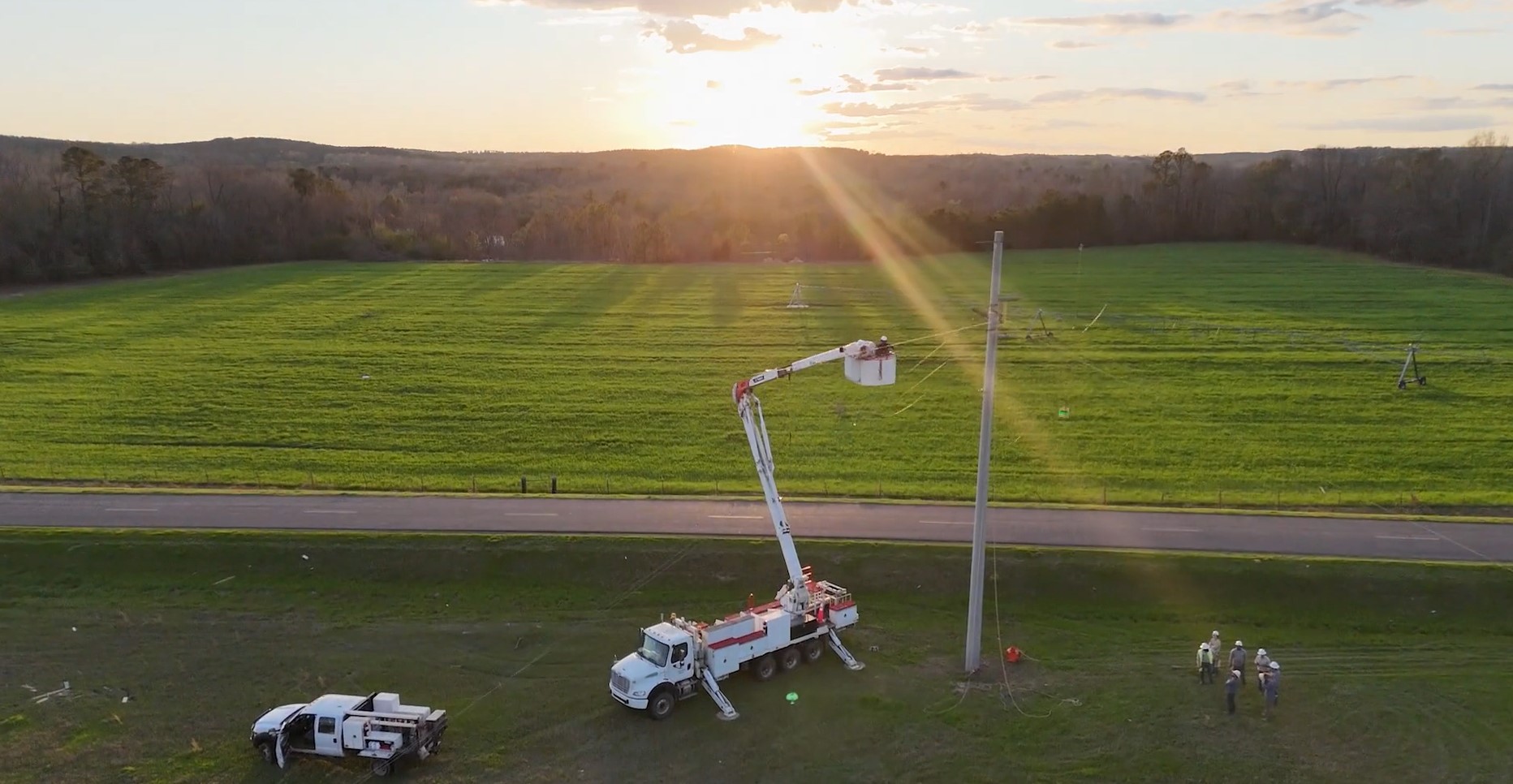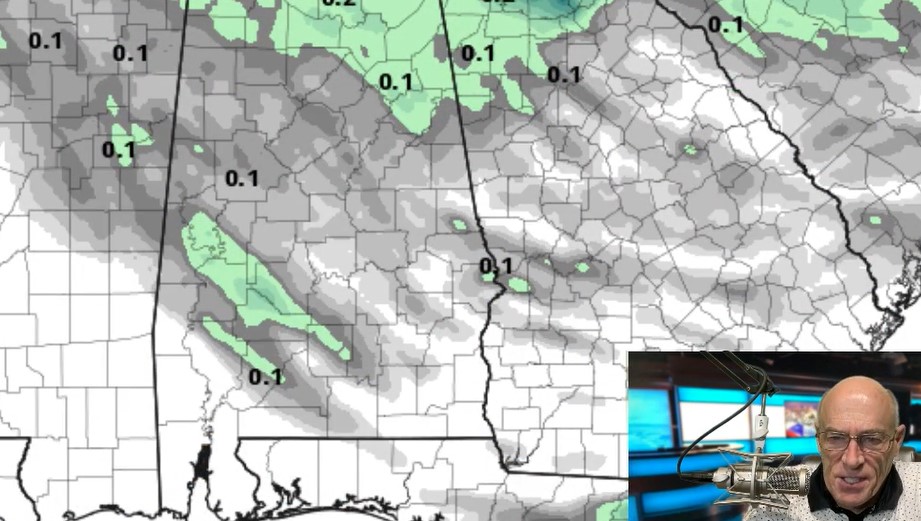Journalists remember Selma, civil rights struggle
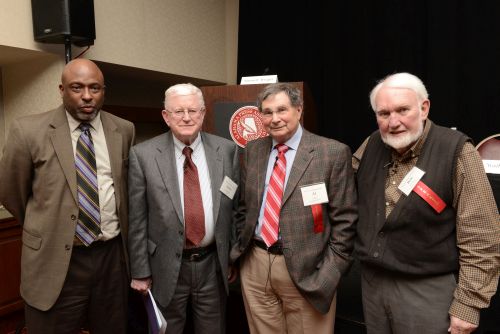
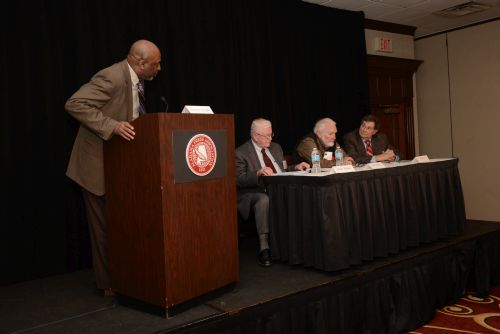
Journalist Barnett Wright moderating the Selma civil rights panel. From left to right, journalists Jamie Wallace, Bob Martin and Al Benn are seated.
The men and women who bravely marched from Selma to Montgomery 50 years ago changed American history. We know because journalists bravely recorded that history.
On Friday, Feb. 13, three reporters who covered the civil rights movement in Alabama spoke about their experiences at the Alabama Press Association’s 2015 Journalism Summit in Birmingham.
“It was an exciting time, it was an amazing time, and we were targets,” said Al Benn, who reported for United Press International (UPI).
“Everyone was just doing their job, of course,” said Bob Martin, then-reporter for the Florence Times (now Times-Daily). “But I sensed that it was a historic moment in America and particularly in Alabama and the South.”
The journalists described the dangers of covering the region during a time of change when many people opposed change.
“We stood over a green locker box (with) 50 sticks of dynamite,” said Benn of an attempted school bombing he was assigned to cover. “It wasn’t wired properly; I wouldn’t be here today if it was.”
“We took a lot of heat,” said Jamie Wallace, a reporter and editor for The Selma Times-Journal. “We lost subscribers, we lost advertisers, we lost friends, I could go on and on.”
“But we were right,” he added. “And if you’re right you can stand with it.”
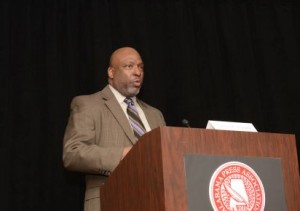
Barnett Wright, panel moderator, is a journalist at Al.com and The Birmingham News and has authored a book on the civil rights movement.
The panel was moderated by Barnett Wright of The Birmingham News and AL.com, a Philadelphia native and author of “1963: How the Birmingham Civil Rights Movement Changed America and the World.”
Wright described the events of Bloody Sunday, March 7, 1965, when peaceful civil rights marchers were attacked by police on the Edmund Pettus Bridge despite earlier promises of safety.
Wallace, who reported the story, conveyed the tension at the scene.
“Somehow or another, the signals had changed,” said Wallace. “My editor and I walked to the top of that bridge, looked down on the other side and saw that line of state troopers and sheriff’s deputies and sheriff’s posse members.”
“He looks at me and I look at him, and we said, ‘We have a problem,’” he added.
As the violence increased, the national media moved in. But while many residents resented the intrusion, the coverage overall was “very fair,” said Wallace, who later became president of the Chamber of Commerce in Selma.
Fueling change by recording history
Some Alabama news organizations did more than just cover change. They helped advance it.
“We had an active biracial committee that had been working on effective change for over a year or two,” said Wallace.
The panelists and moderator agreed on the importance of voting rights. Wright noted that the Selma-to-Montgomery march went through Lowndes County, “where not a single African-American voter had been registered in almost 60 years.”
“What happened (in Selma) changed the course of history,” said Benn. “The most important piece of social legislation in the history of America came from that one act: the right to vote.”
“I just see it as history, and I see it as an important history,” said Martin, current editor and publisher of the Montgomery Independent.
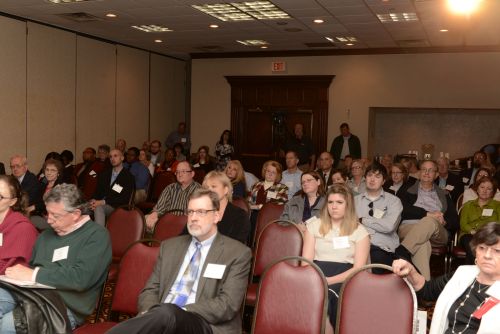
Audience members listen to panel discussion held as part of the Alabama Press Association’s (APA) 2015 Journalism Summit in Birmingham.
After the panel discussion, the journalists took questions from the audience, including one about the movie “Selma,” nominated for Best Picture at the upcoming Academy Awards, but whose accuracy has been challenged.
“I will defend the movie in one area, and that’s the portrayal of President Lyndon Johnson,” said Wallace. “He was more involved in the Vietnam War at that time and the anti-poverty movement than he was in the civil rights movement.”
–John Herr









